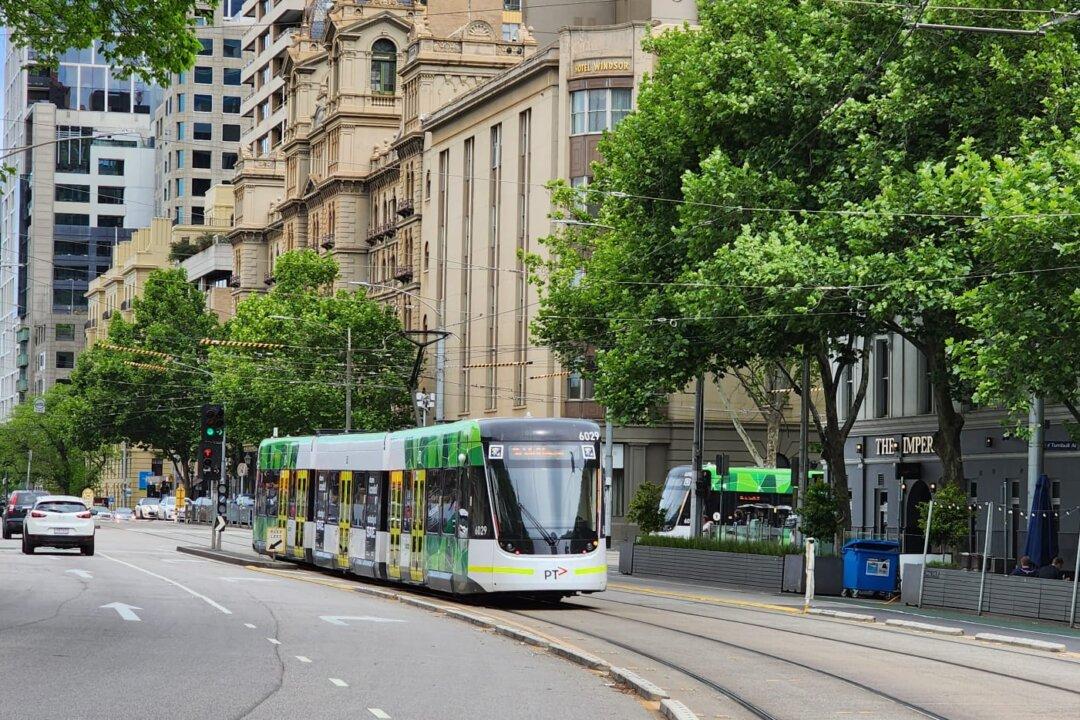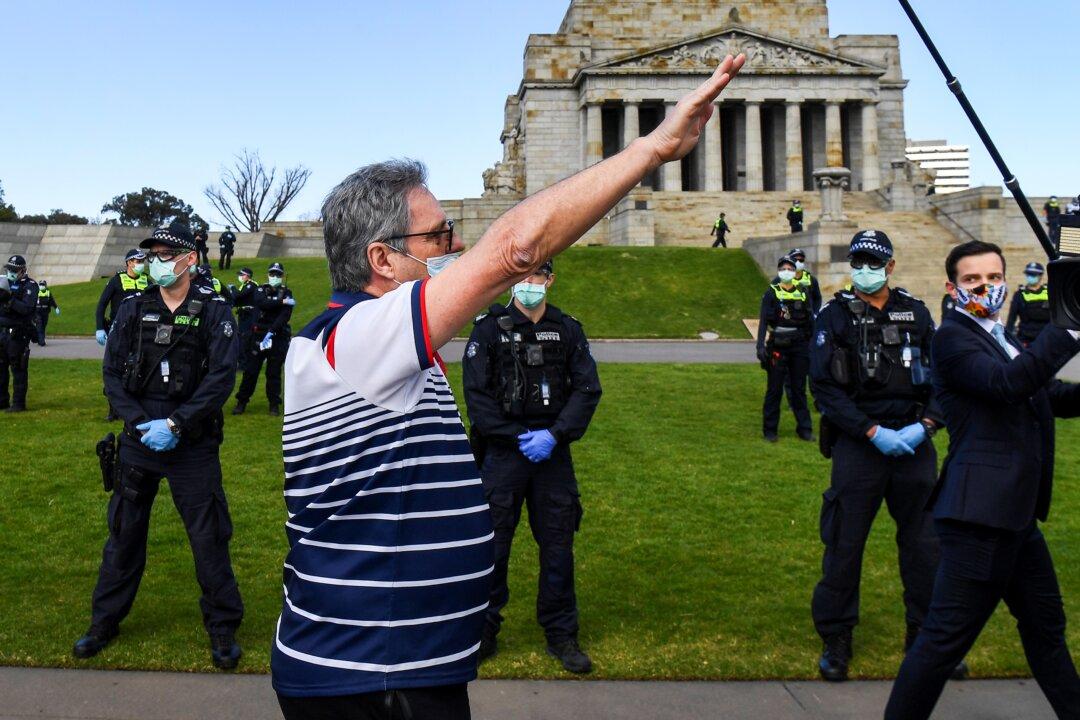Greens leader Adam Bandt has recently called for the Australian public to join climate protests in the masses to prevent the Albanese Labor government from reopening fossil fuel mines and power plants amidst a cost of living and energy affordability crisis.
“Now we need to embrace the importance of protest and civil disobedience. We must come together and fight back,” Mr. Bandt said in Melbourne on Aug. 30.





